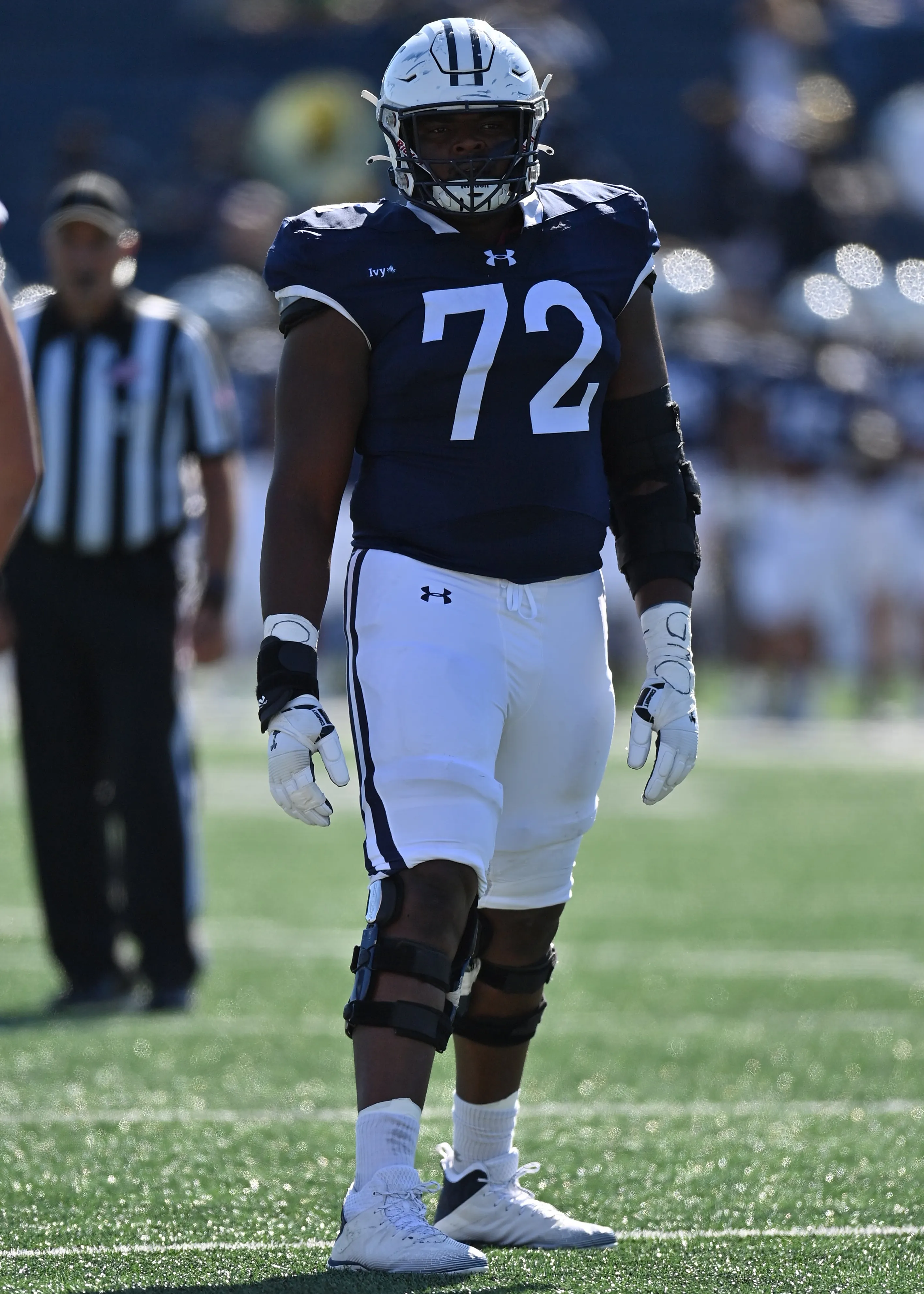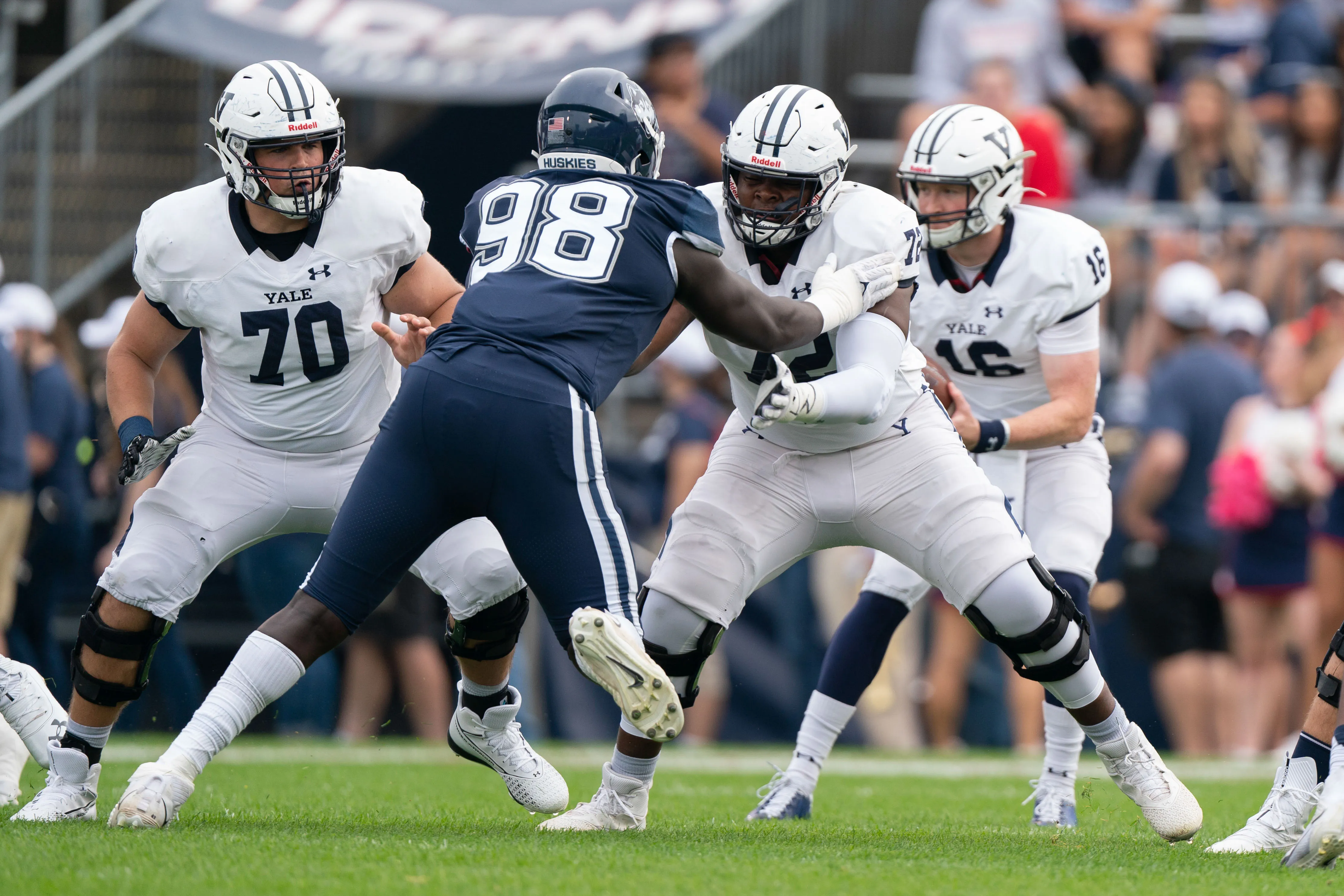
And with the first pick in the 2013 NFL draft, the Oakland Raiders select 6-5 260 pound Robert Nkemdiche (the nations 1 ranked HS player in the Class of 2013), a defensive end from Grayson High School in Loganville, Georgia.
Although this isn't possible, the trend of NCAA superstars foregoing their final years of college eligibility is growing at a rapid rate and it's beginning to make me think that we are missing the point behind college athletics.
The NFL rulebook states that a player is eligible to enter the draft once they have been out of high school for three years, but no part of that rule states you must attend college in any capacity. In the 2007 NFL draft, there were 38 players who decided to fore go one or more year of collegiate eligibility and enter the draft early. With the exception of 2009, this number has risen every year, reaching an unprecedented 65 early entries this past draft. In the first round alone, 19 of the 32 picks had remaining NCAA eligibility, including 10 of the top 12. Obviously these players are physically ready to play in the NFL, but are they well enough prepared as individuals?
Stay in the game with the latest updates on your beloved Chicago sports teams! Sign up here for our All Access Daily newsletter.
To no surprise, the term "student-athlete" is dying at the Division I level. With the exception of the few players like Robert Griffin III, the majority of players electing to enter the draft early have not finished their college degrees. But between lavish bowl game trips, television interviews, shopping for those glittery watches, attending the draft in New York, and practicing their handshakes with commissioner Goodell, where do they find time to write that sociology paper due Monday? The fact of the matter is the NFL has fully implemented its business-driven tendencies into the NCAA.
Many of these super-star athletes are also lured into an early departure from their universities by the big check waiting for them on the other side of the stage at Radio City Music Hall. While this may seem like the right choice for a player trying to preserve his health while furthering his success in the sport, it very well may not be. The National Football League Players Association reports that players with degrees make between 20 and 30 percent more money throughout their careers. On top of that, the college graduates last 50 percent longer than early entries in the league. So, for college standouts looking for their first big pay day, the cash-in-now approach may not be wisest in the long-term. Lets face it, these are 21 and 22 year-old men who are still maturing both physically and mentally.
Out of the 65 early entries this year, 20 young men were left to test the unforgiving waters of undrafted free agency. According to the NFLPA, even if they were selected, the average NFL career only lasts 3.3 years. So when the rug gets pulled out from under their feet, how many players actually decide to go back and finish their degree?
According to a recent US government study only 55 percent of all Division 1-A players graduate.
News
The NCAA must hold every athlete to a certain academic standard so that their futures off the field are secured by an education. Players, even superstars, need to be prepared for life after football, because as we have seen, it can be a scary experience when the days in uniform come to an end.
Joe Musso contributed to this article.


